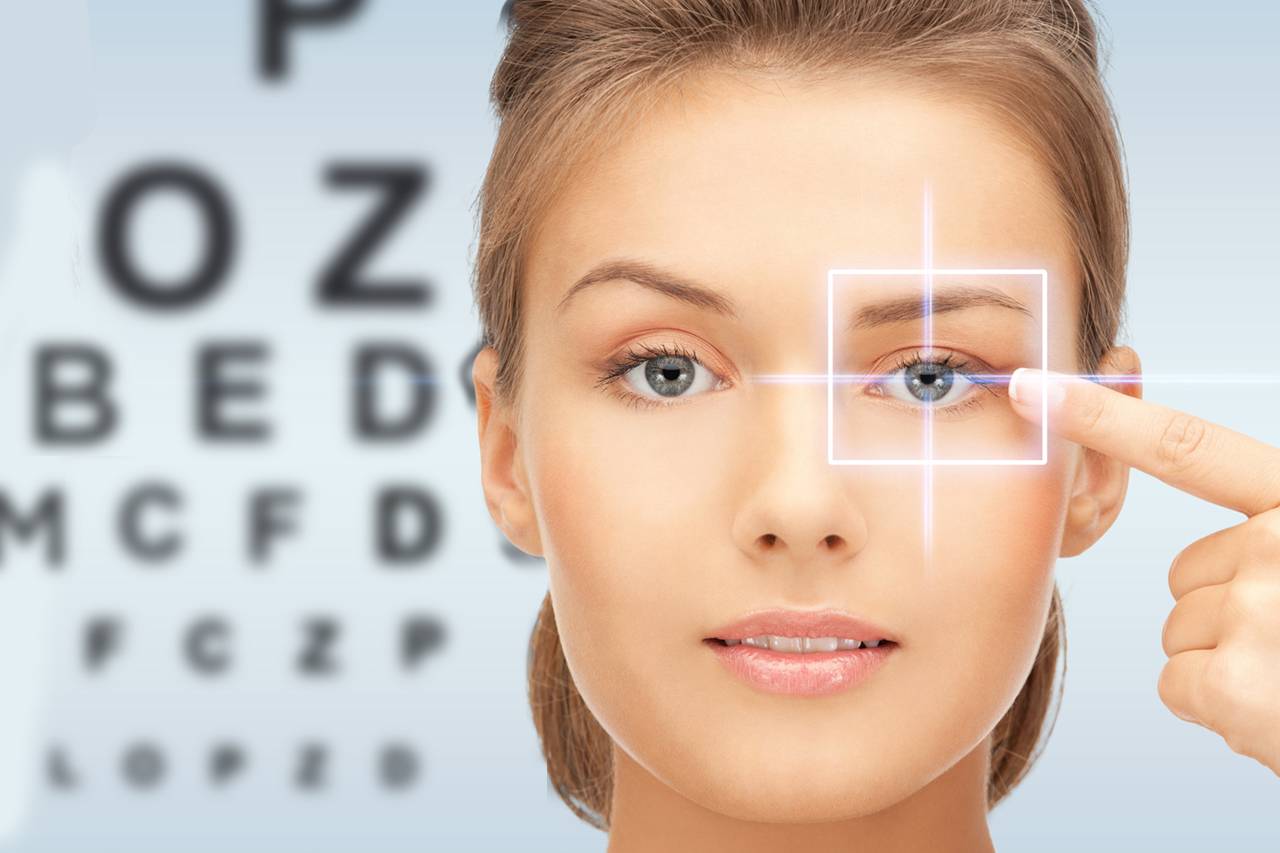All Categories
Featured
We commonly read about safeguarding our skin from harmful ultraviolet (UV) rays, however did you recognize that UV exposure can also dramatically impact your eye health? Whether you're outdoors on a sunny day or perhaps throughout over cast weather condition, your eyes are continuously exposed to UV radiation. Extended exposure can increase the risk of numerous eye conditions, several of which may result in permanent vision damages. Recognizing the impacts of UV rays on your eyes and exactly how to safeguard them is necessary for keeping long-lasting eye health.
Kinds Of UV Rays. UV rays are categorized into 3 kinds:
UVA Rays: These rays pass through deep right into the skin and can likewise impact the inner layers of the eyes. UVB Rays: These rays mostly cause damage to the skin's surface area yet can likewise hurt the cornea and lens of the eye. UVC Rays: While these are the most harmful, they are mostly soaked up by the Planet's ambience and do not get to the surface area. Both UVA and UVB rays are hazardous to your eyes, and in time, exposure can lead to severe eye conditions.
Short-Term Effects of UV Direct Exposure. Even quick direct exposure to extreme UV rays can result in prompt eye damage. An usual temporary problem is photokeratitis, usually referred to as "sunburn of the eye." Signs and symptoms of photokeratitis consist of:
Inflammation and irritability. Level of sensitivity to light. Tearing or watery eyes. A gritty feeling, as if something is stuck in your eye. While the signs of photokeratitis are short-lived and typically resolve within a day or 2, duplicated events can have cumulative impacts on your vision.
Long-Term Impacts of UV Direct Exposure. Chronic UV exposure can add to several severe eye problems, consisting of:
Cataracts: Gradually, UV rays can create clouding of the eye's lens, causing cataracts, one of the leading root causes of blindness worldwide.
Macular Deterioration: Prolonged UV exposure can harm the retina, particularly the macula, resulting in age-related macular degeneration (AMD), which impacts main vision.
Pterygium: Also referred to as "web surfer's eye," this condition includes the development of a fleshy cells on the white part of the eye, which can expand over the cornea and impact vision.
Skin Cancer Cells Around the Eyes: The fragile skin around the eyes is prone to UV radiation, boosting the risk of skin cancer cells, such as basal cell carcinoma.
Pinguecula: UV exposure can likewise result in yellowish deposits on the conjunctiva, which can trigger irritation and pain.
Just How to Secure Your Eyes from UV Rays. Put On Sunglasses with UV Security: Constantly pick sunglasses labeled as obstructing 100% of UVA and UVB rays. Wrap-around styles give extra defense by obstructing UV rays from the sides.

Make Use Of a Wide-Brimmed Hat: Hats with a vast border can minimize UV exposure by as much as 50%, offering additional protection for your eyes and face.
Avoid Height Sun Hours: UV rays are toughest between 10 a.m. and 4 p.m. Limiting your outdoor tasks throughout these hours can assist minimize direct exposure.
Don't Fail To Remember About Kids: Children's eyes are much more conscious UV rays, so guarantee they put on sunglasses and hats when outdoors.
Use UV-Blocking Call Lenses: If you use calls, ask your eye treatment provider about UV-blocking lenses for added defense.
Remain Protected Year-Round: UV damages isn't limited to summer season; rays can mirror off surface areas like water, sand, and snow, making eye security essential all year.
Verdict. Protecting your eyes from UV rays is important to protecting your vision and total eye health. By taking basic precautions like using UV-protective sunglasses, limiting exposure during top hours, and frequently going to an eye care expert, you can safeguard your eyes from the damaging impacts of UV radiation.
Latest Posts
Learn About Best Car Repair Services offered by Montclare Auto Repair – Drive with Confidence
The Benefits of Regular Auto Maintenance at Montclare Auto Repair Keeps Your Wallet Happy
Selecting the Right Roof Color: Effect On Energy Performance
More
Latest Posts
Learn About Best Car Repair Services offered by Montclare Auto Repair – Drive with Confidence
The Benefits of Regular Auto Maintenance at Montclare Auto Repair Keeps Your Wallet Happy
Selecting the Right Roof Color: Effect On Energy Performance